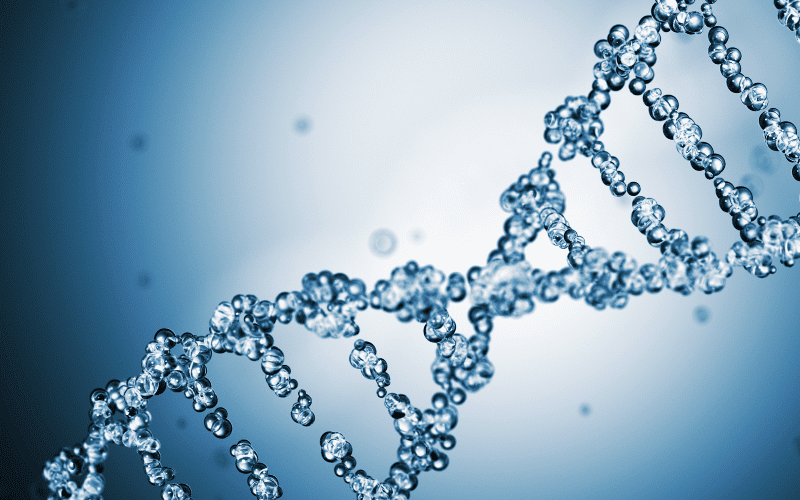Introduction: An In-depth Insight into Huntington’s Disease

Huntington’s Disease, or Huntington’s Chorea as it is often referred to, is a formidable neurological condition. This hereditary disease impacts various aspects of human health, weakening physical and cognitive capabilities over time. It is known for its complexity and severity, and the deep-rooted impact it leaves on the lives of patients and their families.
In the realm of neurological sciences, Huntington’s Disease has garnered significant attention. Researchers and medical experts are committed to understanding its origins, symptoms, progression, and potential treatments. This article will dive into 15 essential facts about Huntington’s Disease, providing a broad and detailed understanding of this serious health issue.
Fact 1: The Genetic Reality of Huntington’s Disease

Delving into the genetic aspect of Huntington’s Disease uncovers its inherent intricacy. It’s a malady fundamentally embedded within our genetic code, more specifically, on chromosome 4. Herein lies a defective gene, responsible for the manifestation of this formidable condition.
Interestingly, this genetic defect triggers an abnormal form of a protein known as huntingtin. Proteins are the workhorses of our bodies, each one having specific functions. The normal huntingtin protein, while not fully understood, is believed to play crucial roles in nerve cells. However, in its defective state, the protein becomes a silent destroyer, slowly wreaking havoc within the brain.
As time passes, this faulty protein accumulates in the brain’s various regions. It’s much like a river slowly rising beyond its banks, with the nearby lands powerless against the encroaching waters. Similarly, the buildup of this abnormal protein initiates a cascade of harmful events, ultimately inflicting widespread damage.
This damage, caused by the erroneous huntingtin protein, gives rise to the symptoms characteristic of Huntington’s Disease. The afflicted brain regions govern important bodily functions, which, when compromised, result in the physical, cognitive, and psychiatric symptoms seen in HD. (1)